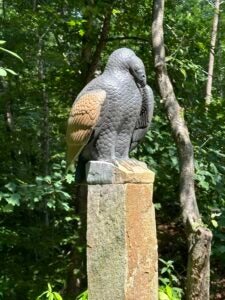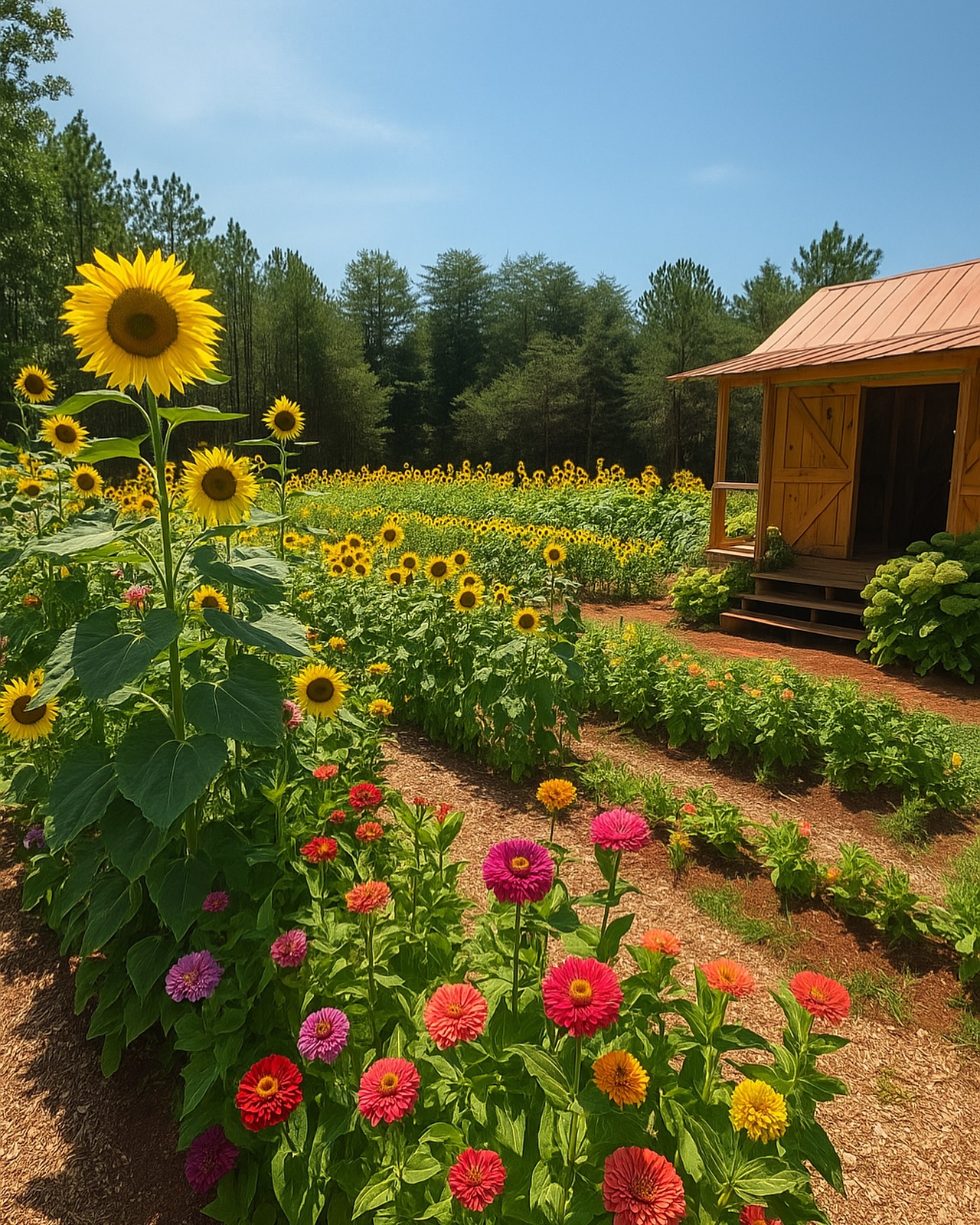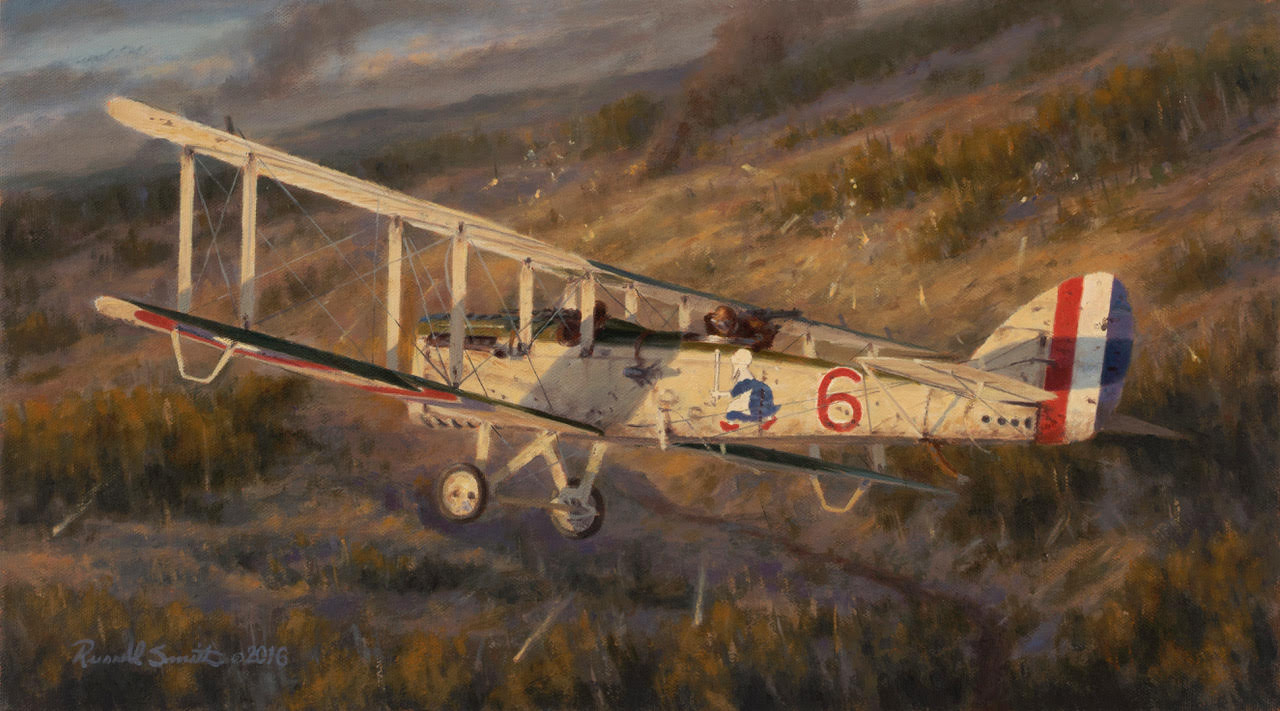Vultures: Why should we love them?
Published 11:16 am Tuesday, May 28, 2024
|
Getting your Trinity Audio player ready...
|
The often misunderstood vulture needs some love.
Vultures are often described as ugly or even alien-looking, and, yes, they eat dead things. But their bad reputation is not deserved.
Without vultures, our planet would be doomed (OK, maybe that is a bit melodramatic). They keep our land clean of dead animal carcasses, which is a very important job.
Trending
With all the bad rap about vultures, you might find it surprising that Dale and I love them. What is not to love about these magnificent creatures? Skeptical, you say? Well, read on to be enchanted. Or at least enlightened.
First, they eat dead animals. When an animal dies, its body often stays right where it dies and starts to decay. While it might sound disgusting, by eating the carcasses, they help prevent diseases like botulism and anthrax from spreading.
Now, would you rather have a vulture around or botulism? They are truly the winged vacuum cleaners of our planet, keeping the environment clean from rotting carcasses.
And vultures won’t hurt you. For the most part, they don’t kill animals; they just eat them after they die.
But why should we care? And what happens if they disappear?
Look at India in the 1990s. Cows in India are often left in the field when they die because of religious customs. Vultures ate the cow carcasses. Unfortunately, the cows were being treated with a popular drug which, when ingested by the vultures, killed them.
Trending
Over 98% of the vulture population died. What happened next? Catastrophe.
Water contamination soared due to rotting carcasses. The feral dog population exploded because they had lots of carcasses to eat. Along with the dogs came rabies, anthrax and the plague. Wow, the plague!
Thousands of people died from rabies after being bitten by the feral dogs. India spent $34 billion in additional healthcare costs because of the massive rabies epidemic. Thankfully, the drug is now banned and vulture populations are beginning to stabilize. A world without these important scavengers is not a pretty place.
In our area, there are two vultures: the black vulture and the turkey vulture. When we see a vulture flying overhead, how do we tell them apart?
Look at them in flight. The black vulture has white wingtips and is much smaller, and the turkey vulture has white all along the edges of their wings. And if they get closer, you will see the turkey vulture has a red head, whereas the black has, yep, a black head.
One of the coolest facts about vultures? They poop on their legs to stay cool. It also helps sterilize their legs from all the bacteria from the carcasses (I know it sounds counter-intuitive). Also, when threatened, the turkey vulture will projectile vomit on whatever is near, including you. Wow, this just gets better & better.
But why do they have bald heads and necks? Well, it is rather gross. As they bury their heads in a carcass, the bare skin (without feathers) stays cleaner. Parasites and other nasty bugs don’t cling to them, which keeps them healthy. So, there is a reason they don’t have feathers on their heads, which makes them even more beautiful to us.
And what says love better than a vulture sculpture? For my birthday, Dale carved a juvenile turkey vulture sculpture, which now proudly overlooks our gardens.
So maybe now you have fallen in love with these wonderful creatures. What can you do?
Simply tell your friends and family all the cool things about them, and spread the word about these amazing creatures!

Dale Weiler’s turkey vulture sculpture looking over our gardens.
Loti Woods is a founder of Champions for Wildlife, a local nonprofit organization whose mission is to inspire and empower kids using art and education. To learn more, visit www.championsforwildlife.org.






